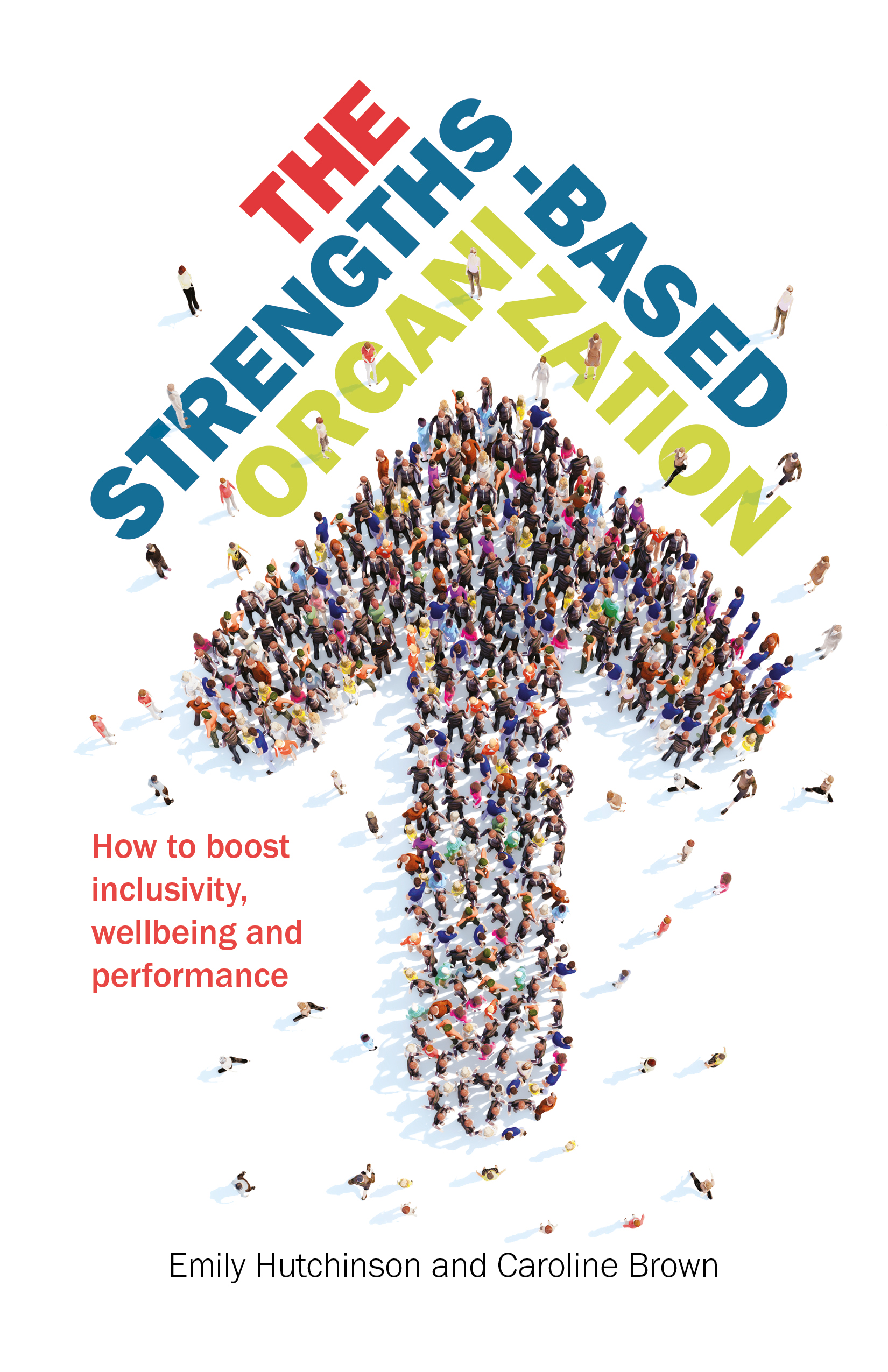I love learning, I love reading books, and I always enjoy reviewing books and sharing my reflections on what I’ve learned. But this book review is slightly more challenging for me as it is about my area of specialism, about the things I study and work with each and every day. I disclose this as I have a particular world-view on this topic (along with my own favourite tools and an expectation of what a book on this topic should cover) but I will attempt to see beyond my biases.
The book has a broad scope, working through sections on how to recognize strengths, how to realise (the benefits of) strengths, the reality (of embedding strengths in processes such as recruitment and change), and concludes with several chapters on the rewards of being a strengths-based organisation.
What did I love about this book?
There is a lot to like about this book and it is a solid introduction to strengths.
I loved the vision of what a strengths-based organisation might look like – ‘Imagine a world where we all feel enabled to contribute and where each of us knows that our contribution is listened to and valued. A world where we are all motivated to give our best; where we all feel psychologically safe in our environment; and where our environment itself is designed to help us all be at our best. A world that recognizes the brilliant things that can be achieved through combining the diversity of our individual strengths. That’s a world that would feel good. A world we would all want to be part of.’
I loved the way the authors related the impact of strengths to three major impacts; inclusivity, wellbeing and sustained performance.
There is lots of solid advice in this book. For instance ‘Rather than thinking of using a strength to develop a weakness, think of using a strength to manage a weakness. Develop strategies that use your strengths to work around (rather than fix) a weakness, and you are more likely to be successful’. This is a rich source of opportunity in personal development that is new to many people.
I really liked that the book acknowledged that ‘applying strengths is not a soft option’, further exploring the fact that strengths-based work isn’t about simply ignoring weaknesses.
I liked that the book wasn’t too tool-biased. The book is written by people who are experts in Cappfinity; my experience is with Gallup’s CliftonStrengths and with VIA. I braced myself for the book being a Cappfinity guide book, but the authors did a great job of going beyond that by citing a broad range of sources and mentioning alternative approaches/tools.
Finally, I found the book to be well-written and easy to read and – always important to me – good at citing sources. The references section contains lots of solid sources for further reading and I always admire the ability to make something both solid and readable.
What did I not like about this book?
Nothing! I had slightly different views on a couple of areas but that is unsurprising, and I fully support the approaches in the book as I know – both academically and experientially – that they are impactful. In the event that the authors see this, I’d encourage them to consider including job crafting in the 2nd edition; whilst it is still an emerging area, I’m finding it to be another great way to embed strengths.
A really interesting book that I enjoyed.
Published by Practical Inspiration Publishing
Ian Pettigrew, Kingfisher Coaching







